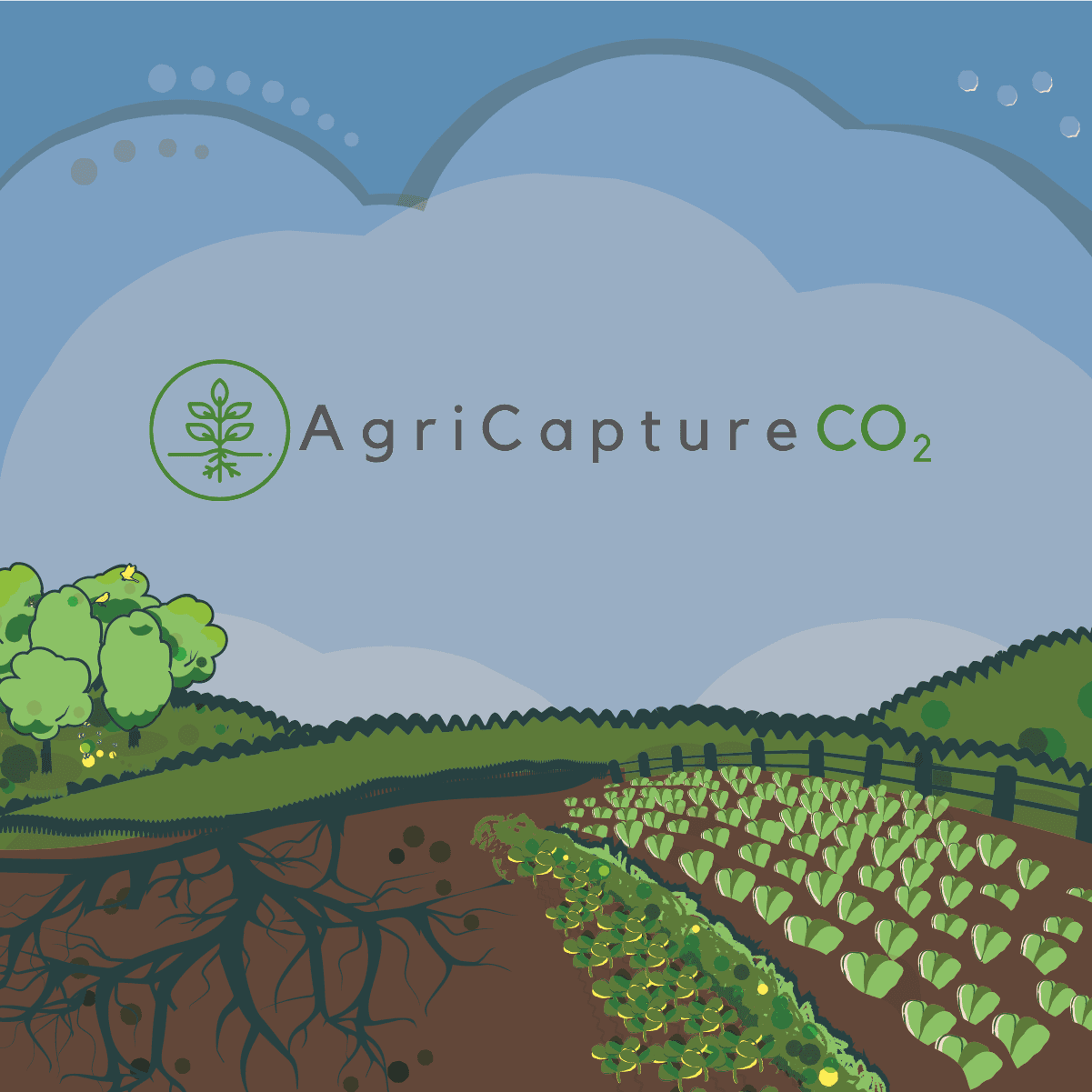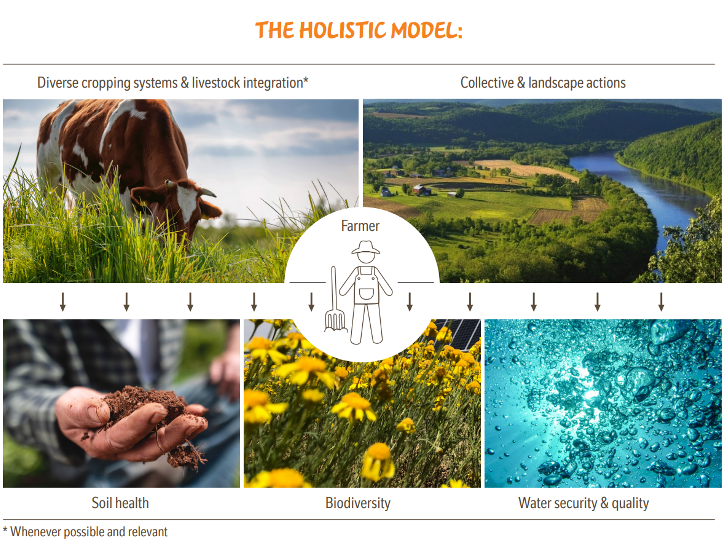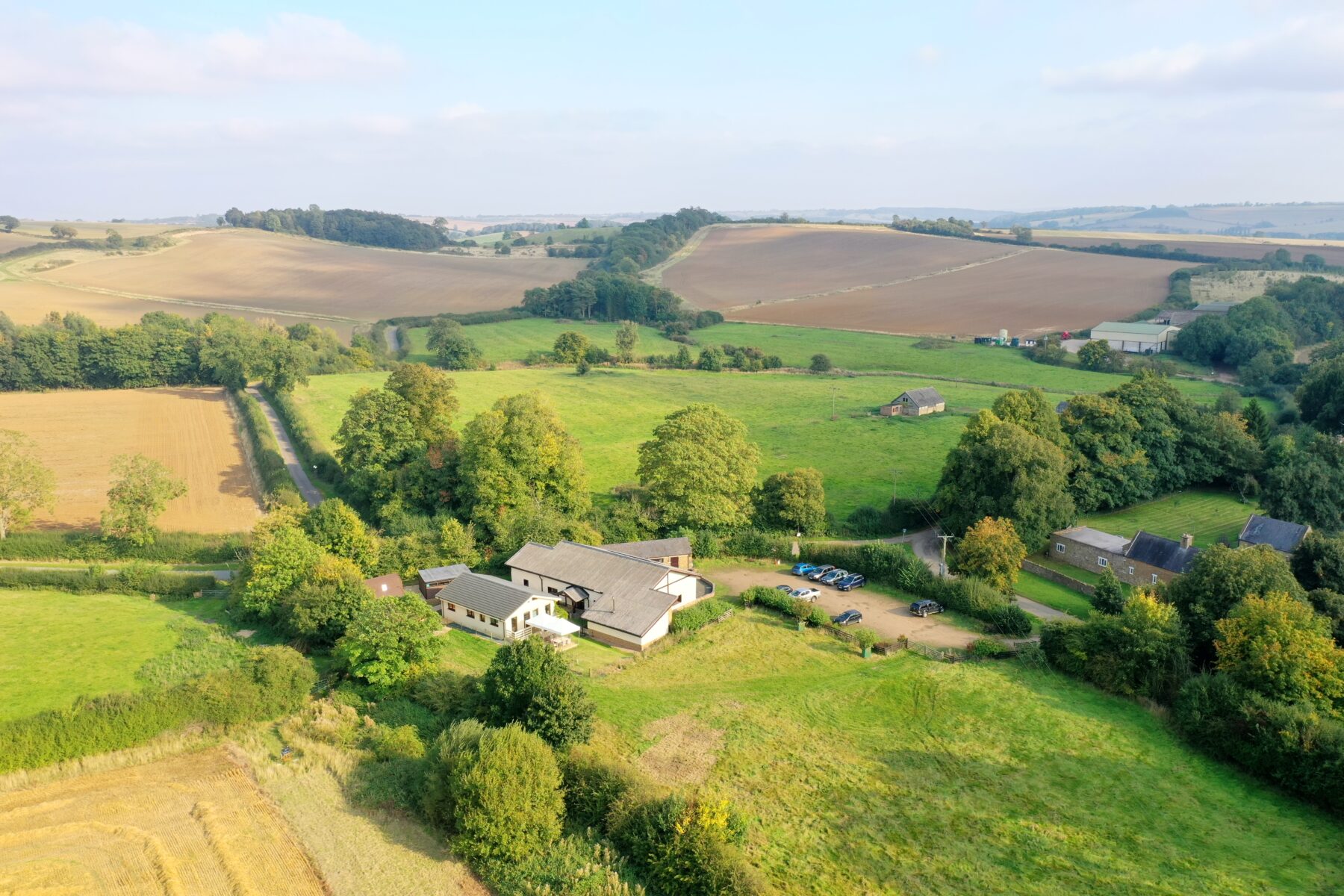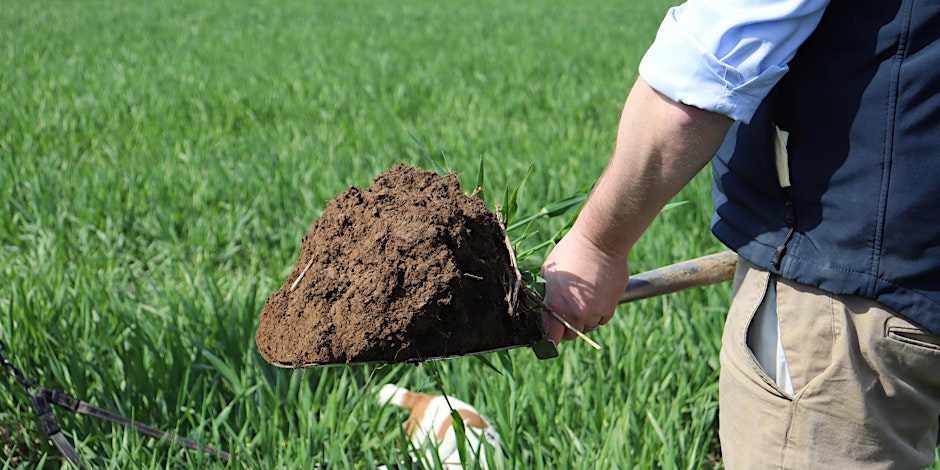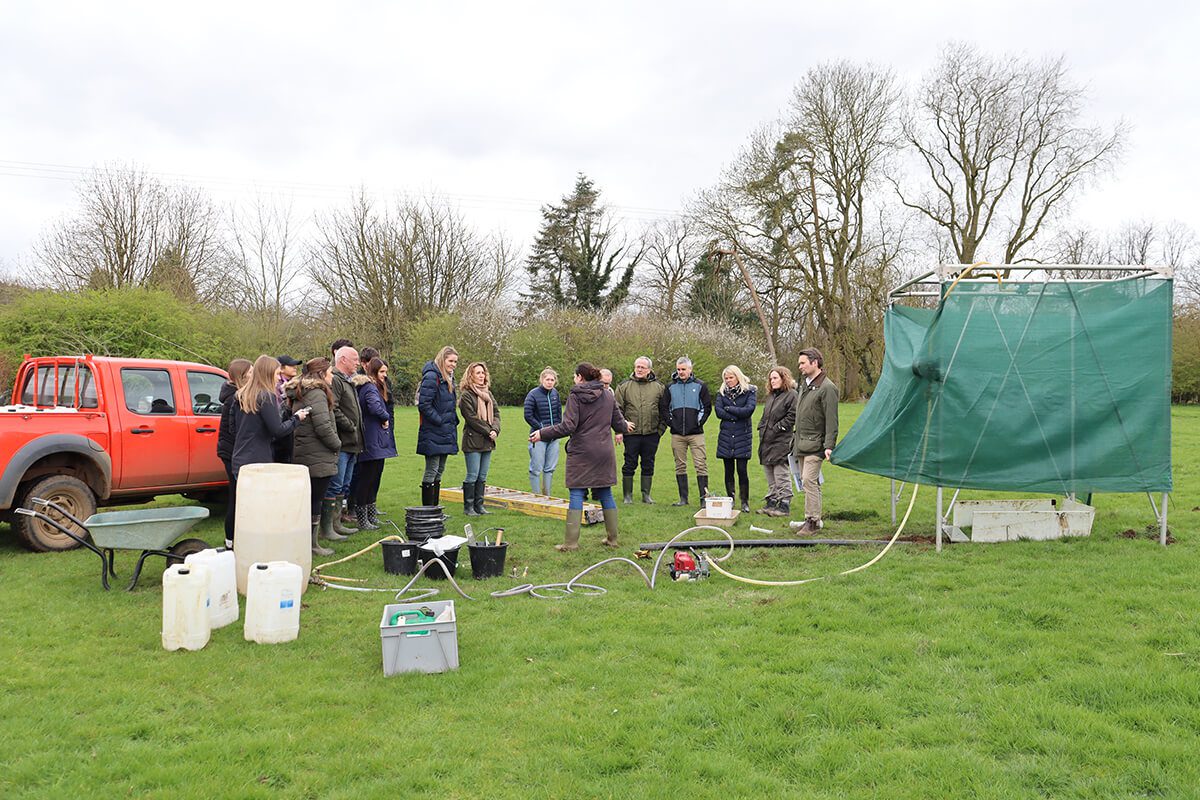The GWCT Allerton Project has entered into a new partnership with Nestlé, with the aim of building farmland resilience through training and knowledge exchange.
Nestlé have adopted their own holistic model to regen ag and suggest that rather than a drawback, the absence of a formal definition allows for pragmatism – to adapt practices to local environmental conditions and foster innovation (Nestlé, 2024). In January this year, Nestlé released their ‘Agriculture Framework’ setting out their ‘vision for agriculture as a central building block for more regenerative food systems’ (Nestlé, 2024). The framework identifies regenerative practices that can contribute to restoring agroecological systems, from ‘trendy’ actions such as establishing cover crops and minimum tillage, to less recognisable interventions such as intercropping and irrigation technology.
The Allerton Project has been pleased to work alongside Nestlé on several projects over the years. Most recently, this has been as part of the EU Horizon 2020 Climate Neutral Farms (ClieNFarms) project, which is supporting farmers in the Nestlé cereals supply chain to move toward decarbonisation of wheat production. Developing the existing partnership is therefore a natural progression. The new strategic collaboration between these two organisations aims to link up theory and evidence with knowledge and practice, to assist Nestlé’s transition to more regenerative outputs. By drawing on over thirty years of research into sustainable farming methods, The Allerton Project will provide a range of learning and development opportunities focussing on providing practical, land management advice to Nestlé farmers, suppliers and staff.

